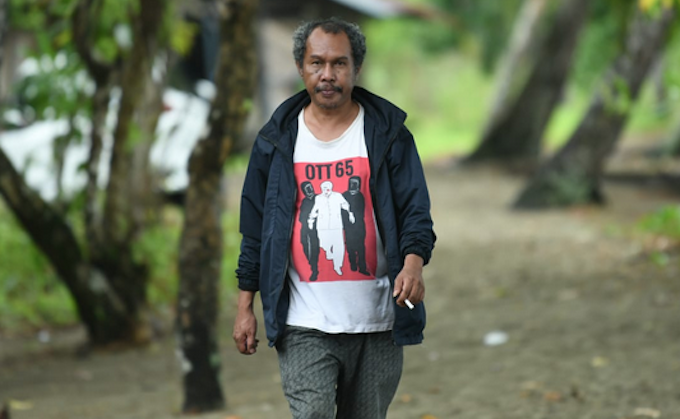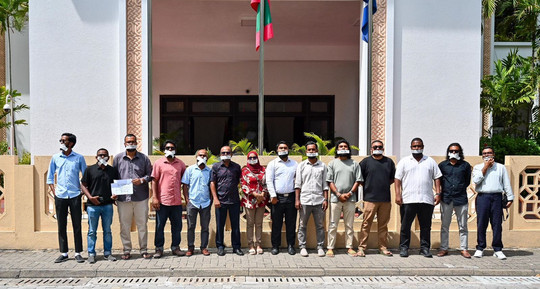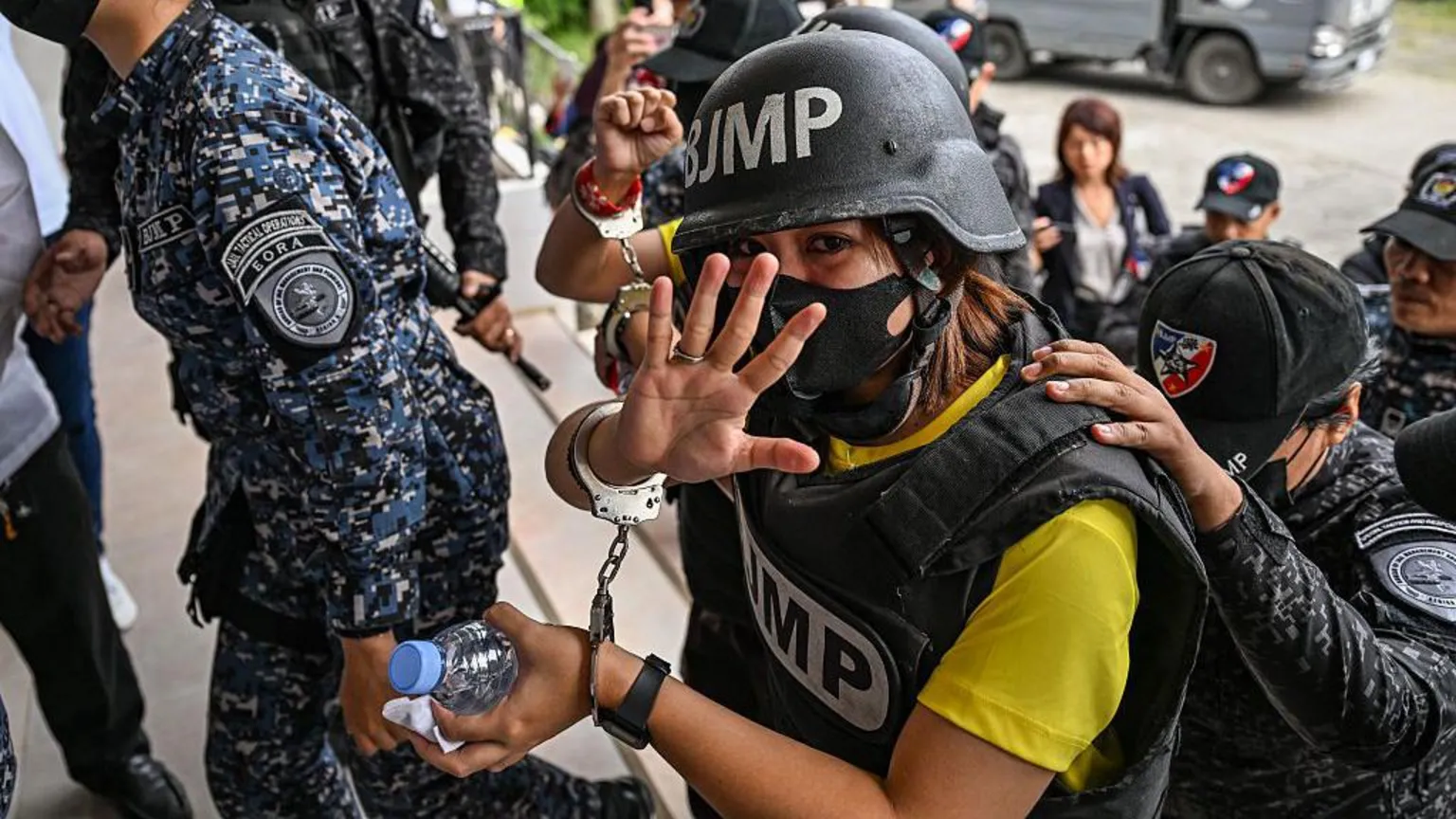
Victor Mambor Stands Defiant After Bomb Attack in West Papua
August 24, 2025
Ukrainian Journalist Dmytro Khylyuk Freed After Over Three Years in Secret Detention
August 25, 2025August 24, 2025 – Maldives –
A newly revived media bill in the Maldivian parliament has sparked fierce opposition from local and international journalism bodies. The bill, reintroduced on August 18 by MP Abdul Hannan Aboobakuru, proposes dissolving existing independent regulatory bodies—the Maldives Media Council (MMC) and Maldives Broadcasting Commission—and replacing them with a single “Maldives Media and Broadcasting Commission.” This new entity would include three presidential appointees (including the chair) and four media-elected members who could be ousted by parliament, raising concerns about government influence and weakened independence.
The proposed legislation grants the commission sweeping punitive powers: fines up to MVR 25,000 (USD 1,620) for journalists and MVR 100,000 (USD 6,490) for outlets, suspension or cancellation of media registrations, blocking of websites, and broadcast shutdowns. Critics argue the bill includes vague language primed for abuse and draconian penalties that effectively criminalize journalism.
Journalist communities mobilized swiftly. The Maldives Journalists Association (MJA) staged protests in and outside parliament, condemning the bill as a “grave threat” to press freedom and media independence. They also criticized the lack of consultation in drafting the bill, calling its true intentions suspect.
The International Federation of Journalists (IFJ) echoed these concerns, stating that regulation without industry engagement misunderstands the press’s role and undermines democratic values. An IFJ spokesperson described the bill’s powers as destructive toward independent journalism and warned of its potential to erode the Maldives’ fragile democratic space.
This is not the first time such legislation has emerged; a similar bill was withdrawn in 2024 amid strong backlash. With no vote taken before parliament adjourned in August, the issue now awaits further debate later in the year.
In summary, the proposed media bill—by centralizing regulatory power under government control and imposing severe restrictions and penalties—is seen as a direct threat to press freedom. MJA and IFJ remain steadfast in urging its withdrawal to safeguard independent journalism and uphold democratic principles globally.
Reference –
SAJF condemns Maldivian Media Control Bill, expresses strong solidarity with MJA




